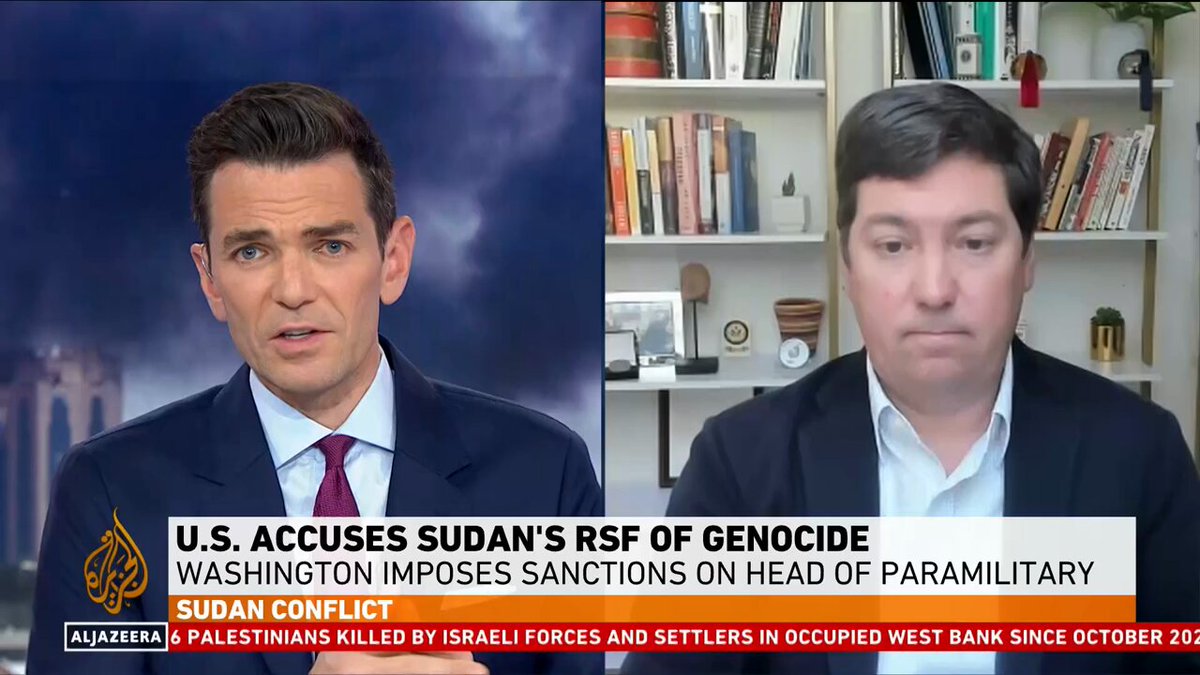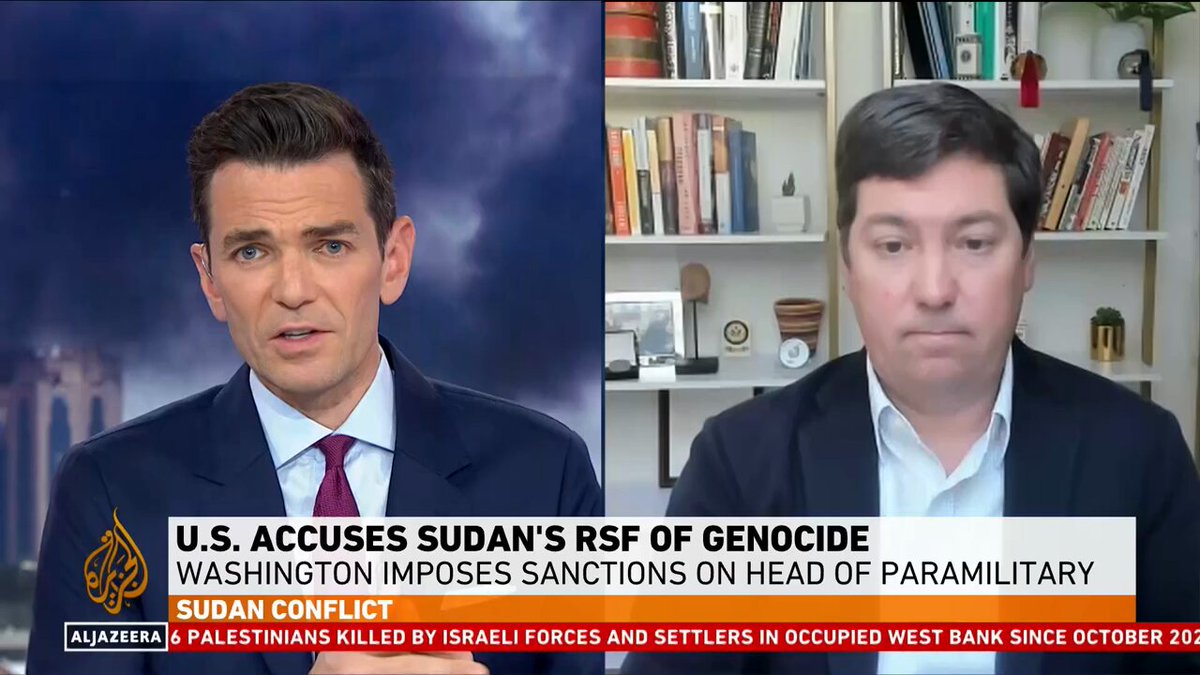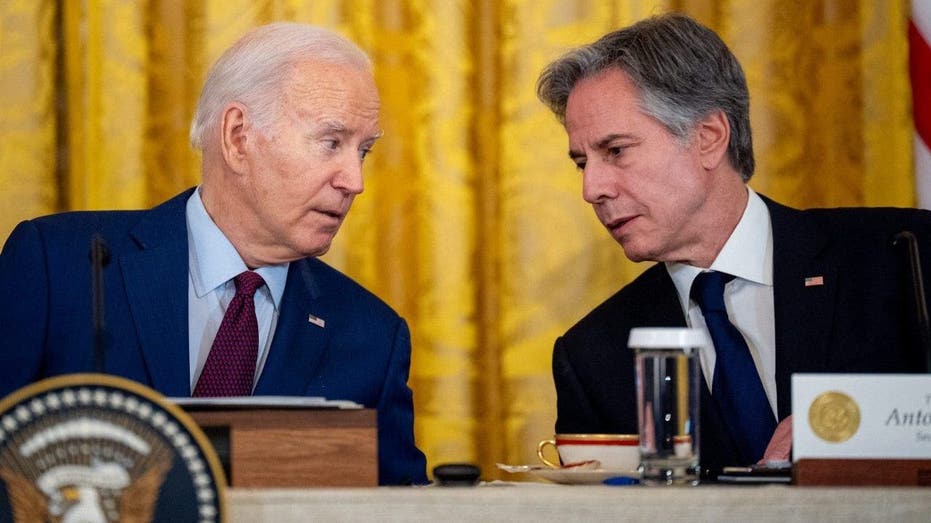
Biden Administration Criticized for Delayed Genocide Declaration in Sudan
JOHANNESBURG, South Africa — The Biden administration has come under fire from lawmakers and human rights advocates for its delayed declaration of genocide concerning the ongoing atrocities in Sudan. Senator Jim Risch, R-Idaho, who is set to become the Chairman of the Senate Foreign Relations Committee, expressed his concerns over the administration’s timing, especially as the country grapples with nearly two years of rampant conflict, famine, and forced displacements.
Recent Developments in Sudan
This week, U.S. Secretary of State Antony Blinken officially identified the Sudanese paramilitary group, the Rapid Support Forces (RSF), as the perpetrators of genocide in the country. Blinken’s announcement highlighted the United States’ commitment to holding those responsible accountable, alongside a new round of sanctions against RSF leader Mohammad Hamdan Daglo Mousa, commonly known as Hemedti, for his involvement in violence against civilians.
“The RSF and RSF-aligned militias have continued to perpetrate horrific atrocities,” Blinken stated during his announcement. “This includes the systematic targeting of civilians based on ethnic lines, brutal sexual violence against women and girls, and the deliberate killings of men, boys, and even infants. These heinous acts have contributed to one of the world’s most severe humanitarian crises.”
A Nation in Crisis
The conflict in Sudan has resulted in over 30 million people requiring humanitarian assistance. The dire situation includes 638,000 individuals suffering from famine—the worst occurrence in the nation’s history—and tens of thousands of lives claimed due to the ongoing violence. Blinken characterized the situation in Sudan as “a conflict of unmitigated brutality,” emphasizing the RSF’s role in obstructing crucial access to humanitarian aid for those in need.
Senator Risch’s Criticism
Despite Blinken’s recent declaration, Senator Risch has strongly criticized the administration for its perceived inaction and delayed response. The senator argued that he had urged the Biden administration to label the atrocities as genocide nearly a year ago. “I introduced a resolution nearly a year ago declaring the atrocities in Sudan as genocide,” Risch stated. “Additionally, I called for Global Magnitsky sanctions against the RSF and Hemedti 263 days ago, yet these sanctions have only just begun.” Risch’s statement underscores a growing impatience with the U.S. response to the humanitarian crisis.
In a conversation with Fox News Digital, Risch accused the Biden administration of adopting a passive stance in handling the crisis in Sudan. “Waiting until less than two weeks remain in office to sanction RSF-affiliated companies and call these atrocities genocide indicates a neglect to act decisively,” he remarked. “Sudan would be in a better position today, more lives could have been saved, and foreign proxies fueling the conflict might have been deterred.”
Global Implications of Sudan’s Instability
Risch warned that the escalating situation in Sudan poses a risk not only to the region but also to global stability. “This war must end,” he asserted. “Further chaos in Sudan will breed terrorism, destabilize the region, and threaten global security. The U.S. and its allies must take a more active role to end these atrocities, counter foreign interference, and protect vital strategic interests, including the Red Sea corridor.”
Administration’s Defense
In response to the mounting criticisms, U.S. Special Envoy for Sudan Thomas Perriello defended the administration’s actions. He explained that the process of making an official genocide designation necessitates thorough investigation and evaluation. “Making an atrocity determination is an immense responsibility that requires a careful review of the facts and legal framework,” he said. Perriello acknowledged that proving intent to destroy a particular racial or ethnic group is often complex and requires substantial evidence.
Perriello also pointed out the ongoing actions taken by the administration, noting that since the beginning of 2023, sanctions have been imposed on five RSF leaders, including two of Hemedti’s siblings. He stated that past designations already acknowledged the RSF’s actions as ethnic cleansing, crimes against humanity, and war crimes, indicating a long-standing commitment to documenting and responding to these atrocities.
New Sanction Measures Against RSF
As part of its commitment to curbing the RSF’s operations, Blinken announced new sanctions targeting seven companies linked to the RSF in the United Arab Emirates (UAE), along with an individual associated with arms procurement for the group. These sanctions aim to disrupt the financing networks that have fueled the ongoing conflict in Sudan.
One particular UAE-based gold company was named for allegedly purchasing Sudanese gold to benefit the RSF and transferring the proceeds to Dubai. The U.S. Treasury Department reported that millions of dollars in the company’s accounts are still accessible to Hemedti’s brother, who leads the RSF’s procurement efforts.
Deputy Treasury Secretary Wally Adeyemo emphasized the U.S. government’s commitment to accountability. “The United States continues to pursue accountability for those engaged in atrocities throughout the world,” he asserted, reinforcing the administration’s position on the importance of addressing human rights violations globally.
Conclusion: A Complex Response
The unfolding crisis in Sudan continues to draw international attention and scrutiny. As the Biden administration moves to officially label the atrocities as genocide, the implications of previous inaction raise valid concerns among lawmakers and human rights advocates. As the world watches, the situation in Sudan remains precarious, and the actions taken now could have significant ripple effects on both regional stability and global humanitarian efforts.


















